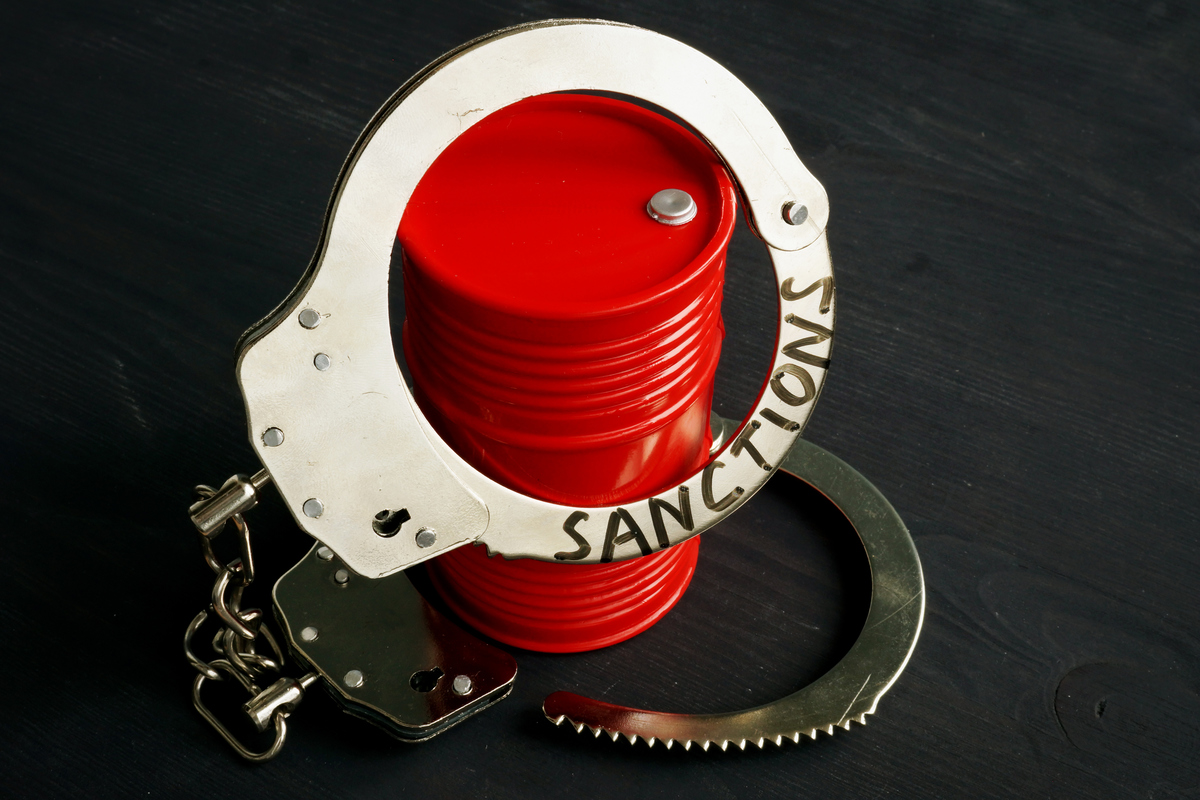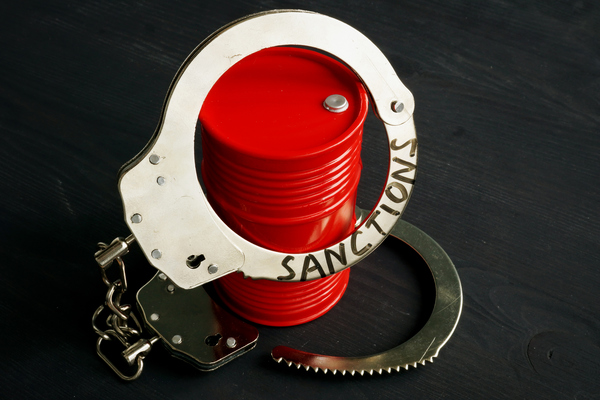India and South Korea urge IMO to allow more biofuel in bunker blends
Ocean-going bunker vessels must be allowed to carry and supply bunker blends with up to 30% biofuel, the two countries have proposed to the IMO ahead of the 81st Marine Environment Protection Committee (MEPC 81) meeting next month.
 PHOTO: GoodFuels delivers the first biofuel stem to an ocean-going ship in Singapore in April 2021. GoodFuels
PHOTO: GoodFuels delivers the first biofuel stem to an ocean-going ship in Singapore in April 2021. GoodFuels
Under current IMO carriage requirements, ocean-going bunker vessels are limited to carrying bio-bunker blends of up to B25 (25% biofuel component plus 75% conventional fuel). Any biofuel blends exceeding this limit, i.e., more than B25, will have to be carried on chemical tankers instead of conventional bunker vessels (oil tankers).
South Korea and India contend that fatty acid methyl ester (FAME)-based B30 (30% biofuel) blends have emerged as the most popular blending ratio among shipowners.
For example, when South Korean container line Hyundai Merchant Marine (HMM) tested biofuel on one of its vessels in Busan port last year, it was a B30-HSFO used cooking oil methyl ester (UCOME) blend supplied by South Korean oil refiner GS Caltex.
South Korea and India now argue in their submission to MEPC 81 that regulatory barriers preventing conventional bunker vessels from delivering B30 blends are holding back shipping industry efforts to reduce greenhouse gas (GHG) emissions.
Bunker suppliers in major bunker hubs such as Singapore and Fujairah are compelled to offer B24 blends because they are comfortably below the 25% carriage limit, unless they are supplied via chemical tankers. Meanwhile, suppliers in the ARA can supply biofuel blends ranging up to B100 (100%), as they can be transported via inland bunker barges, which are not regulated in the same way by the IMO.
Petroleum products are excluded from the IMO's International Bulk Chemical Code (IBC Code), which sets restrictions on ships transporting bulk cargoes of hazardous and noxious chemicals. South Korea and India argue that since biofuel blends are mostly made up of petroleum products (70% petroleum for B30 blends), they should be excluded, just like petroleum products are.
This alignment would allow biofuel blends to be carried by conventional bunker vessels, and not require suppliers like Vitol to opt for chemical tankers.
South Korea and India propose that the IMO should promptly release an interim MEPC circular to permit conventional bunker vessels to supply biofuel blends of up to B30, replacing the current B25 limit. Bio-bunker blends exceeding B30 - which are less frequently bunkered - may still be subject to the IBC Code and transported on chemical tankers.
They urge the IMO to revise its current carriage requirement for biofuel blends at the upcoming MEPC meeting scheduled for 18-22 March.
By Nithin Chandran
Please get in touch with comments or additional info to news@engine.online






